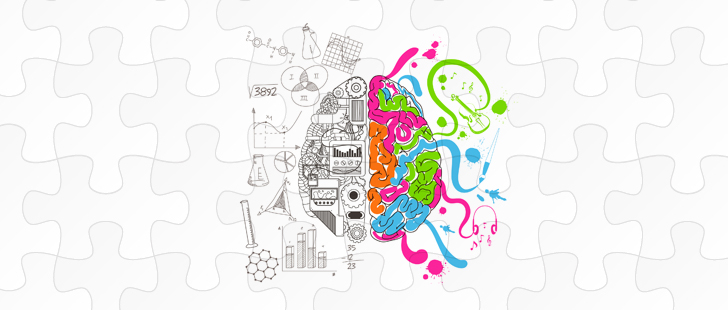In today’s competitive digital space, success isn’t just about having great visuals or catchy headlines—it’s about understanding human behavior. The psychology behind digital marketing is what separates ordinary campaigns from the ones that convert. Every click, scroll, and purchase decision is driven by emotion, perception, and trust. Businesses that learn to tap into these psychological triggers build stronger connections and drive real, lasting growth.
The Power of First Impressions
Research shows that users form an opinion about a website within seconds of visiting it. That means your visuals, colors, typography, and layout play a major role in whether they stay or leave. A clean, professional design communicates trust and credibility, while cluttered pages or inconsistent branding can instantly turn visitors away.
In digital marketing, design psychology is key—brands that make visitors feel confident from the first glance are the ones that convert most effectively.
Emotions Drive Decisions
People make decisions emotionally first, then justify them logically. Whether it’s a heartwarming story in an ad or a sense of urgency in a sale, emotions like joy, fear, trust, or excitement directly influence buying behavior.
Great marketing doesn’t sell a product—it sells a feeling. Successful campaigns identify which emotion aligns with their audience’s desires and build their message around it.
The Principle of Social Proof
Humans are wired to trust what others approve of. Reviews, testimonials, influencer partnerships, and user-generated content all tap into the psychology of social proof. When potential customers see that others are satisfied with your product or service, their hesitation decreases.
That’s why displaying authentic testimonials and real results isn’t just a marketing tactic—it’s a trust-building strategy that drives conversions.
Scarcity and Urgency Create Action
The fear of missing out (FOMO) is a powerful motivator. Limited-time offers, countdown timers, and low-stock alerts encourage users to act quickly. However, it’s important to balance urgency with authenticity—when used correctly, scarcity creates excitement and momentum without feeling manipulative.
Personalisation Strengthens Connection
In 2025, audiences expect marketing that feels personal. Whether it’s a tailored email, a dynamic ad, or a recommendation based on browsing behavior, personalisation shows customers that a brand understands them.
This sense of relevance not only improves click-through rates but also strengthens emotional loyalty—turning one-time buyers into long-term supporters.
Trust is the Ultimate Conversion Factor
All marketing psychology leads to one goal: trust. Transparency in messaging, clear communication, and delivering on promises all contribute to building credibility. When customers trust your brand, they don’t just buy—they advocate for you.
Final Thoughts
Digital marketing is more than data, algorithms, and analytics—it’s human psychology in action. The brands that understand what motivates people at their core will always stay ahead of the curve. By blending creativity with behavioral insight, businesses can create campaigns that not only attract clicks but also inspire loyalty and long-term growth.

